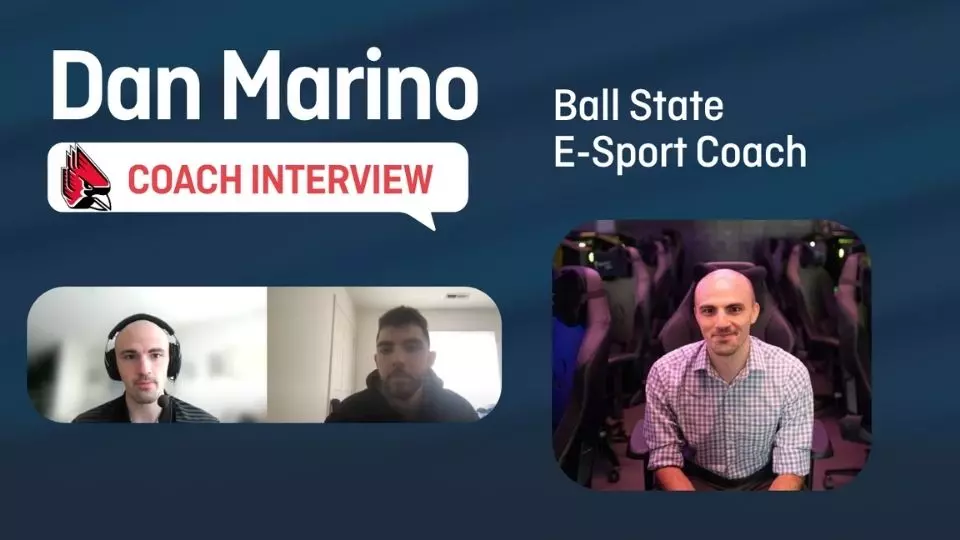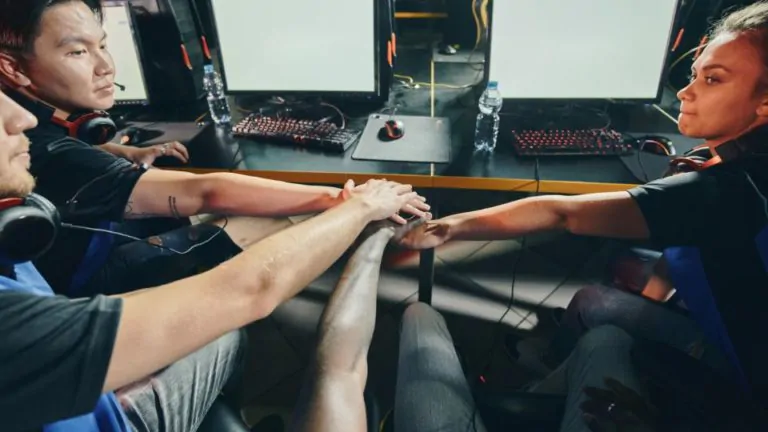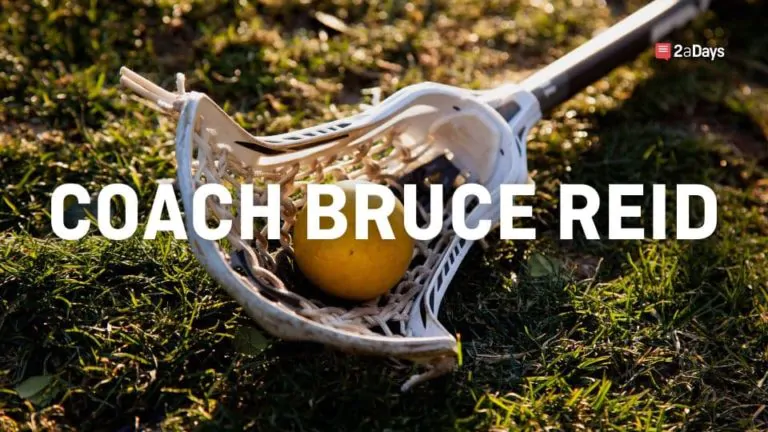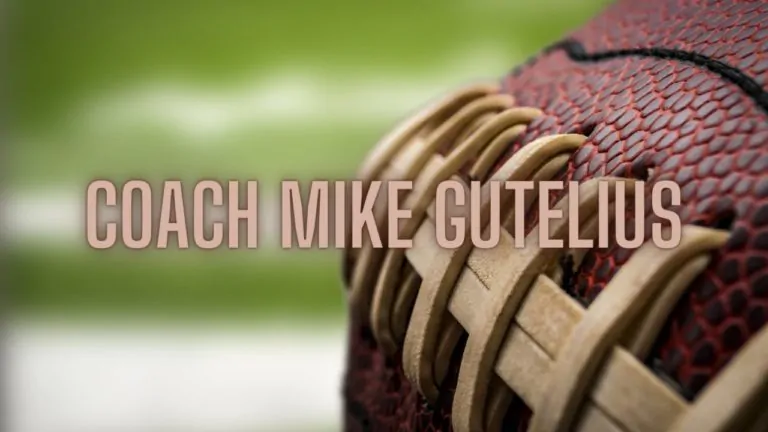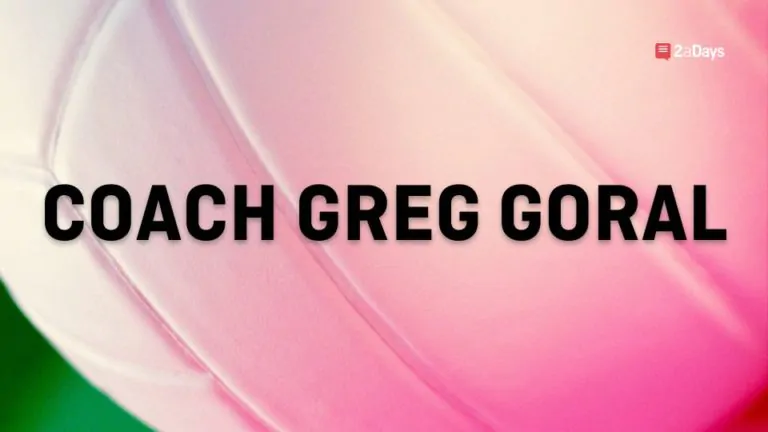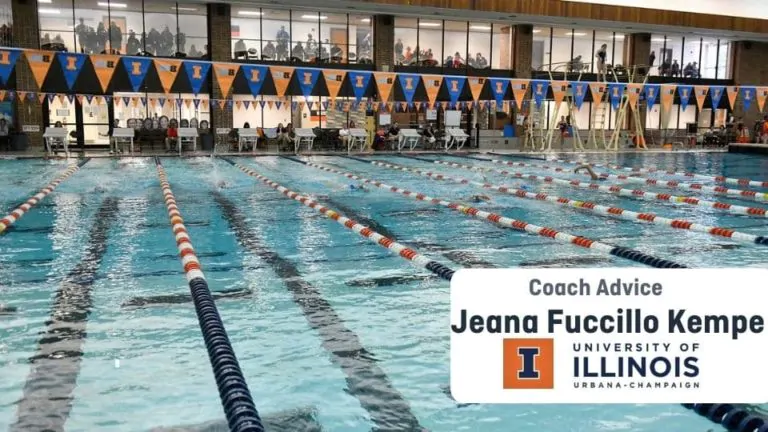Coach Interviews are posted every Monday for recruiting advice, what to look for, and more.
Coach Marino is the esports Director and Head Coach at Ball State University. Prior to his time with the Cardinals, he developed and launched the esports collegiate program at the College of Saint Rose as well as founded Owlet Esports. We took a dive into esports recruiting and where Coach Marino sees esports heading in the future.
Can you tell me a little about the Ball State Program (time commitment, games played, travel?)
Our Ball State Esports program started just about a year ago. There are three different areas within our esports program: the varsity, club, and academic/production. So, on varsity, we have about 50 students that compete on five different teams. Those games are Overwatch, League of Legends, Rocket League, Valorant, and now Sim Racing. Each game has different demands, but on average you can expect one of our student-athletes to spend about 12-15 hours a week practicing, reviewing film, just meeting and talking about gameplay, and then going into the game and playing it themselves. Each team has two rosters; for Overwatch, it's a six player game, so we carry 12 players; League of Legends is five players, so we carry 10, etc. This allows us to get more players involved. We compete in a number of tournaments, leagues, and conferences just to get more student experience and the opportunity to play. We do do some travel, but we have had a few tournaments canceled because of COVID or weather, so it's been tough the past year, but we do have an element of travel that's supported through our budget and plans with the esports program. It's built into the expectation of what we do as a varsity program to get out there, but it's been tough the past few years.
Related: Top 9 Collegiate ESports Games in 2022
What are some differences between recruiting for esports and other sports like football and basketball?
The way I've answered this question has changed over the past two years because esports recruit[ing] is getting more competitive, but it's also becoming more streamlined. There are more opportunities to discover, speak with, and then subsequently recruit prospective students. That piece of collegiate esports has grown tremendously over the past year, but it is still lacking compared to traditional athletics. The example I used to use was that for traditional sports like football or basketball or baseball, you can reasonably assume most high schools have those programs. You can reasonably assume that if you need a quarterback or a pitcher or a point guard, you can find a high school with one of those teams with that position filled. With esports, it's different. There's a much larger catalog of games being played, so you might not sync up with a high school program. If a high school even has an esports team, that has the right person to come to your program which makes it a little more challenging. Now though, especially in the Midwest states, especially in Indiana, high schools have made a bigger push to have esports programs within their schools, so it's becoming a safer assumption that high schools have that program. Then of course, there are the recruiting platforms and recruiting services out there that facilitate connecting prospective students with colleges. A lot of work is done through social media and messaging apps. Obviously, our medium is online, electronic, so that's the medium that we use to recruit. I do make high school visits, I go speak to programs, meet students, meet the people running those high schools programs, but when it comes to direct recruit[ing] it's typically done all online through social media and in-game.
Related: Rate your Coaches, Facilities, and Campus Visits
What's the best way for recruits to get noticed by college esport coaches? Tournaments? Showcases?
There are actually, and this is one of the nice steps that collegiate esports has taken and that is there will be combine events… There are other events around the country where they can go. Colleges will be there, and they can get noticed in that way. I wouldn't say it's the primary tool yet, but it's definitely a great way just to even network, because I know through the connections I've made with high schools and high school players, it's snowballed into different students in those classes having an interest in my program, maybe more than the initial person, so it's just a good way, even if you don't necessarily get a recruit from it, to just get your name out there.
Is a highlight tape necessary for esports? If so, what do you like to see in a highlight video?
Yes and no. It's tough because in traditional sports, really good plays require athletic ability and not everybody possesses… that athletic ability. In esports, it still takes a tremendous amount of skill to make really good plays consistently, but everybody is on a level playing field with how the games are run. So if you play the game long enough, you'll come into some really nice highlights. It's not a bad thing, I love seeing highlights, but usually they're curated obviously to show the best, so one of the ways we get around that to see how a player actually does in-game is to put them in with our current team and run a practice. That way maybe they do have some of those highlight moments, but more we can see their skill in context of an actual game and see how they work with our team, how they fit into our culture, and it's also a great gauge for them to see how they fit to see if they like playing with our team and the play style we have. That's the method we take and I think that's how a good number of collegiate programs also will do their recruiting.
Related: Understand What College Coaches Are Looking For
What qualities do you look for in prospective athletes when they come in and play with the team?
Nine times out of ten, the prospective student we're bringing in we know already has the skill to be on the team. With esports, it's a double-edged sword because for every game you have a rating or rank, which is great because it lets directors like me see where you are in context of the player base, but then… obviously that comes with inflated egos or even the less-talked about deflated egos that come with going up against players of a higher skill rating. We know that the player has the skill to be in the game when we are recruiting them. We typically only recruit players within that top 1%, top 0.5% range, and when they're coming in it really is more of a test of how they fit in with the program. We're looking to see if they can be non-toxic, if they don't tilt, or get into their own heads and sabotage a game intentionally or unintentionally, how they can communicate, if they can step up and be a leader, and really how they fit into that culture. I always say to my students that when it comes to building our teams, we can put the top five players, top six players in terms of rank on the team, but it can still fail because of interteam issues. So we're really looking for people that fit in to the system that we've built, even if it means that they might not be the best out of all the players who are trying out in terms of raw skill, but they might just fit the mold of what we're looking for and that'll enable us to succeed.
Where do you want to see college esports recruiting going in the next few years?
What I would like to see from it on the collegiate end, and this might be a hot take, but I eventually would like to see regulation around recruit[ing], especially of current pro players. I don't have a problem with people with pro experience playing in Esports, but right now there are a number of current professional players that also play in college. I understand from a player's perspective why that is, but obviously collegiate sports are supposed to be at the amateur level. I think that's a step that the industry as a whole should take to more closely bring us to what we see in traditional athletics where it is a more amateur endeavor. As a whole, I don't think we're there yet in terms of it reaching its peak point of efficiency and notability. A lot of high school students don't know that they can be recruited for college esports. Especially on our campus, we have 25,000 undergraduate students and with each class that comes in, I will see ten students a semester that had no idea we had esports. Obviously we have way more students trying to get involved than ten, but we'll get ten players each semester who say that “I didn't know college esports was a thing” and they'll be a highly rated player in whichever game they play, and of course we do what we can to get them involved on the teams, but I still think that we're still fighting for some visibility and legitimacy when it comes to collegiate esports.
The colleges themselves have done a great job pioneering. I think sometimes there might be a bit of fatigue with how much each program asks for and puts in, but it's one of those industries that's just rapidly growing and rapidly evolving. Colleges that are able to keep their foot on the gas are at an advantage right now, especially when it comes to recruit[ing] because they're the ones that are able to offer bigger scholarship packages, they're the ones that are able to offer larger travel stipends and budgets and provide housing. The things that you'd come to expect with larger Division I, traditional sports programs, they're starting to incorporate into their Esports programs, so I think that might be the horizon in the next few years is for colleges to really step up their game in terms of how they offer and what they offer prospective students for their esports programs.
Have a story idea or know an awesome athlete/coach we should interview? Email us at [email protected]
* Originally published on March 14, 2022, by Grant Osborne
